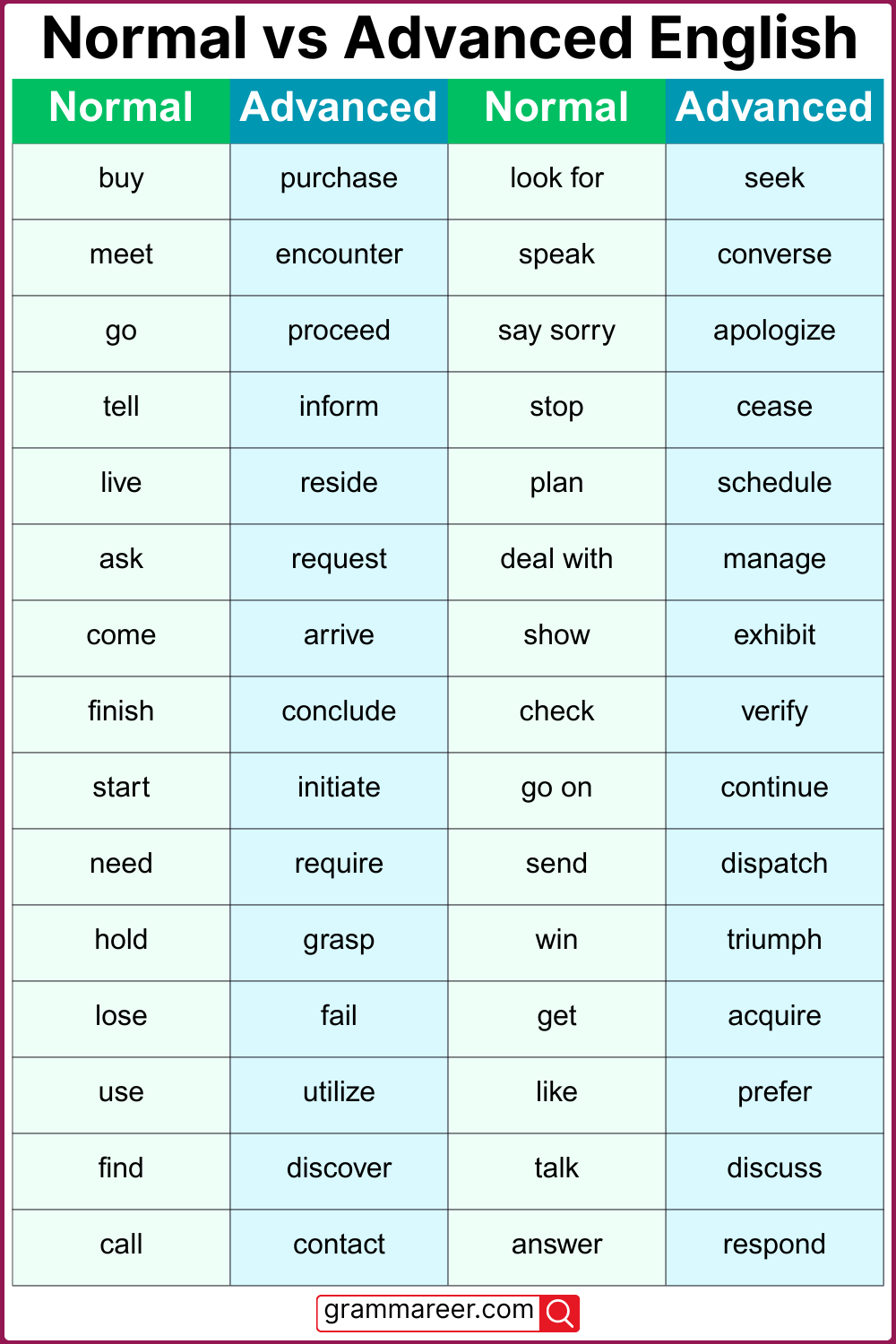Expanding your vocabulary is essential for effective communication and can also enhance your writing skills. Using advanced vocabulary can help you convey your ideas more clearly and effectively. Below are some examples of advanced vocabulary that you can incorporate into your daily conversations or writing.
1. Eloquent: This word describes someone who is fluent or persuasive in speaking or writing. An example sentence using this word could be “She delivered an eloquent speech that moved the audience to tears.”
2. Pernicious: This word means causing harm in a subtle or gradual way. For instance, you could say “The pernicious effects of smoking are well-documented.”
3. Ubiquitous: This term refers to something that is present or found everywhere. An example sentence could be “Smartphones have become ubiquitous in modern society.”
4. Effervescent: This word describes someone who is lively, enthusiastic, and full of energy. You might say “Her effervescent personality brightened up the room.”
5. Halcyon: This term is used to describe a period of time in the past that was peaceful and happy. For example, you could say “She often reminisced about the halcyon days of her childhood.”
Using these advanced vocabulary words can help elevate your language and make your communication more engaging and impactful. Don’t be afraid to incorporate them into your conversations and writing to enhance your skills and impress others with your linguistic prowess.
Expanding your vocabulary is a continuous process, so make sure to keep learning new words and their meanings to further improve your language skills. Practice using these advanced vocabulary examples in different contexts to become more comfortable with them and incorporate them seamlessly into your speech and writing.
By incorporating advanced vocabulary into your daily communication, you can elevate your language skills and make a lasting impression on others. Challenge yourself to learn and use new words regularly to expand your vocabulary and enhance your ability to express yourself effectively.
